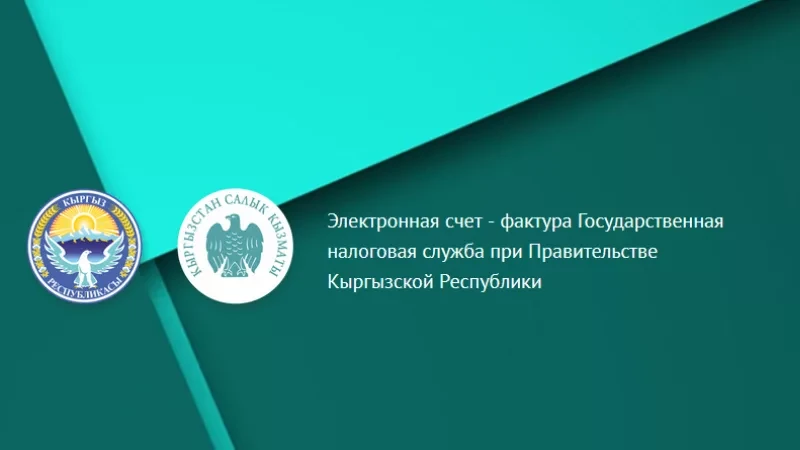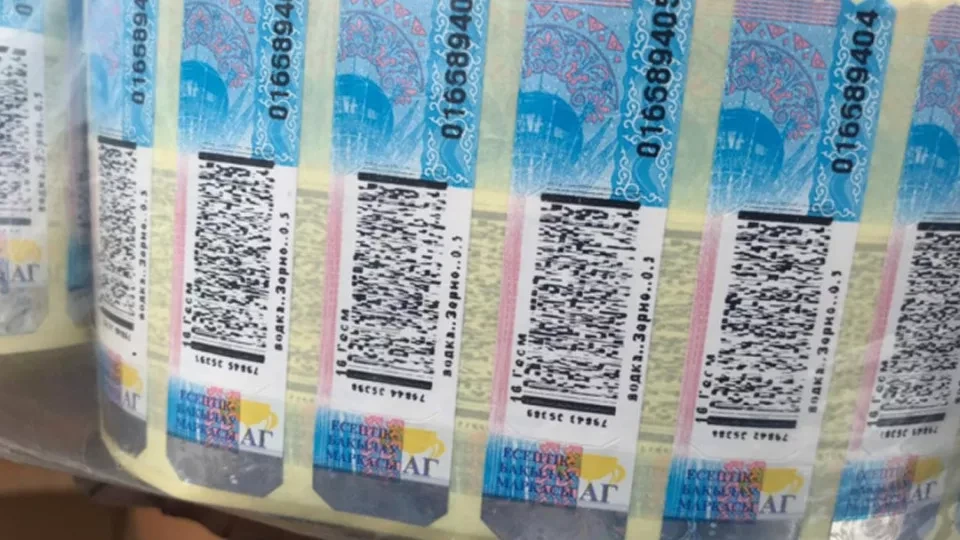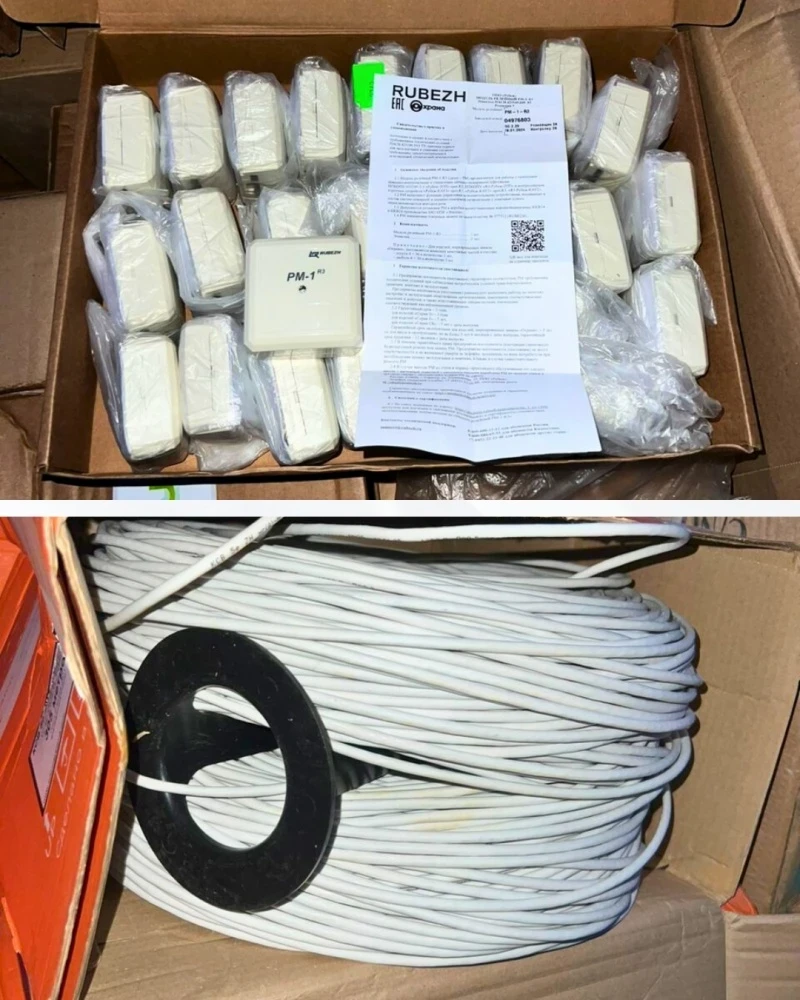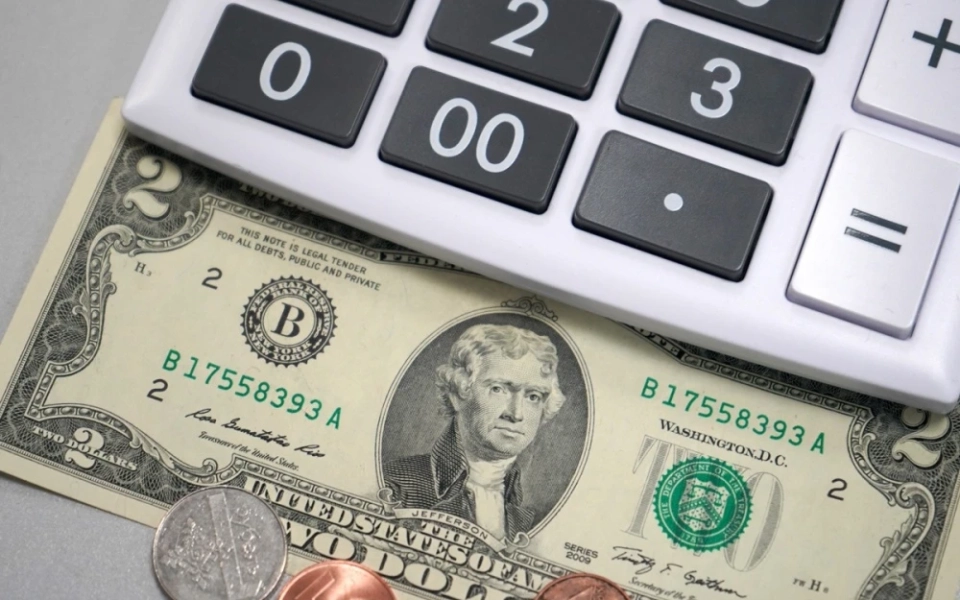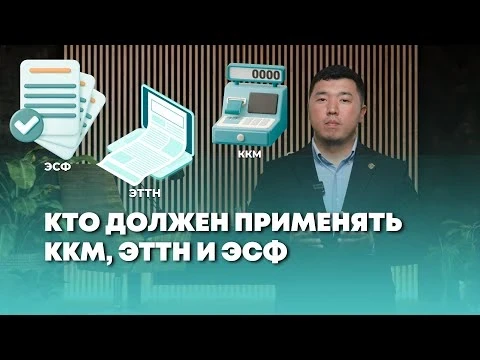
ETTN
National taxpayers selling the specified goods must use ETTN during their turnover. This measure is applied regardless of the taxation system, making it mandatory for everyone.
ESF
The electronic invoice (ESF) is another important tax document. Sellers issue it when selling goods or providing services, and buyers confirm it within the established deadlines. The ESF records information that goods have been shipped or services provided, as well as their cost.
It should be noted that the issuance of ESF is not mandatory for certain categories of taxpayers, such as:
- entrepreneurs on a simplified taxation system with a zero rate and income up to 15 million soms per year;
- taxpayers based on a patent providing services to individuals for personal use;
- agricultural producers selling their products;
- single tax payers selling goods exclusively to individuals for personal needs;
- single tax payers at a rate of 0.5% in trade and taxpayers in special regime zones.
However, taxpayers who are required to use ESF must independently enter data about goods purchased from sellers exempt from document registration. For this, it is necessary to create an electronic document "Electronic document for entering data about goods when purchasing from individuals who are not participants in the system" at the time of receipt of goods.
Additionally, exceptions also apply to certain goods, such as:
- alcohol;
- tobacco products;
- medications;
- medical devices;
- jewelry made of precious metals;
- oil and petroleum products (except lubricants);
- goods for which there are decisions from tax authorities;
- goods for which a report on the absence of primary documents was drawn up during tax control.
According to the Tax Code, if a product is purchased without primary documents and is not registered in the information system, a fine of 5% of the product's value is imposed on the taxpayer. This rule applies to both taxpayers under the general taxation system and those operating on a simplified system with regular rates.
KKM
The cash register (KKM) serves to control and fiscalize payments, recording all trading operations, issuing receipts, and sending data to the tax service. The use of KKM is not required for taxpayers working under a patent or in special regime zones. However, entrepreneurs on a simplified taxation system are required to use KKM in their activities.
It is worth emphasizing that the implementation of these fiscal instruments is aimed at optimizing tax administration, increasing the transparency of financial flows, and improving the economic situation in the country, which contributes to the formation of a fairer and more effective tax system.
